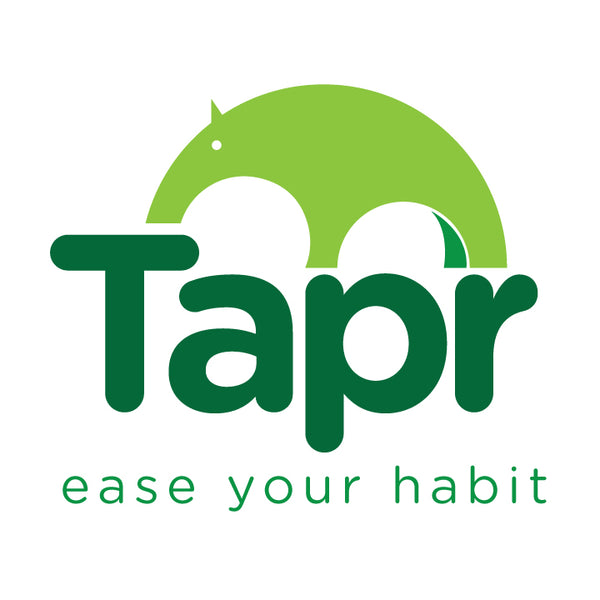Nutritional Strategies to Support Cannabis Detox
Share

Embarking on a journey to reduce or quit cannabis can be a challenge, especially when dealing with withdrawal symptoms. While many focus on psychological and social support, nutritional support can also play a crucial role in easing this process. A well-balanced diet not only supports overall health but can also mitigate some of the physical and mental discomforts associated with cannabis detox.
Regular cannabis use can affect the body’s nutritional needs in various ways. It may alter appetite—commonly known as "the munchies"—leading to poor dietary choices. Additionally, chronic use might affect the absorption of certain nutrients, necessitating a more focused approach to diet during detox.
Essential Nutrients for Marijuana Detox
-
Omega-3 Fatty Acids: Found in fish like salmon, flaxseeds, and walnuts, omega-3 fatty acids help combat inflammation and are vital for maintaining brain health. They can also aid in managing depression and anxiety that may come with quitting marijuana.
-
Complex Carbohydrates: Foods rich in complex carbs, such as whole grains, legumes, and vegetables, provide a steady release of energy, which can help maintain blood sugar levels and improve mood swings during detox.
-
Lean Proteins: Incorporating lean proteins like chicken, turkey, tofu, and legumes into your diet can support neurotransmitter function, which is crucial for mood regulation and appetite suppression.
-
Antioxidants: Fruits and vegetables high in antioxidants can help protect the body against oxidative stress during detox. Berries, leafy greens, and peppers are excellent sources.
-
Fiber: High-fiber foods help regulate digestion and can reduce the cravings associated with withdrawal by stabilizing blood sugar levels and promoting satiety.
Hydration is Key
Staying hydrated is essential during detox. Water helps flush toxins from the body and can alleviate withdrawal symptoms such as headaches and fatigue. Aim for 8-10 glasses of water a day, and consider incorporating herbal teas that can provide additional detoxification benefits.
Foods to Avoid During Detox
Just as some foods can aid in detox, others might hinder the process:
-
Sugar and Processed Foods: These can lead to energy spikes and crashes, exacerbating mood swings and cravings.
-
Excessive Caffeine: While moderate caffeine might be acceptable, high amounts can increase anxiety and disrupt sleep patterns.
-
Alcohol: It’s advisable to avoid alcohol during detox, as it can put additional strain on your liver, complicating the detox process.
Sample Meal Plan for a Day
Here’s a simple meal plan that incorporates these nutritional strategies:
-
Breakfast: Oatmeal topped with walnuts and berries, offering fiber, antioxidants, and omega-3.
-
Lunch: Grilled chicken salad with mixed greens, avocado, and chickpeas, dressed with olive oil and lemon, providing lean protein, fiber, and healthy fats.
-
Dinner: Baked salmon with quinoa and steamed broccoli, a meal rich in omega-3, complex carbohydrates, and essential nutrients.
-
Snacks: Greek yogurt, carrot sticks with hummus, or a handful of almonds to maintain energy levels and support overall nutrient intake.
Nutrition plays a vital role in supporting the body and mind through marijuana detox. By focusing on a diet rich in essential nutrients and hydration, individuals can better manage the withdrawal symptoms associated with quitting marijuana. Remember, while diet can significantly aid in detox, comprehensive support including counseling and medical advice should also be considered for a successful transition.
